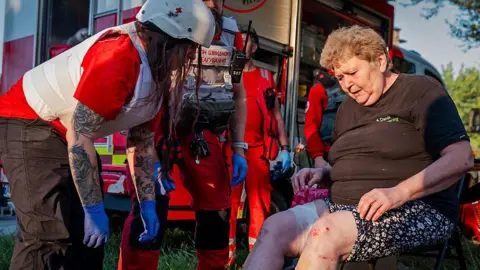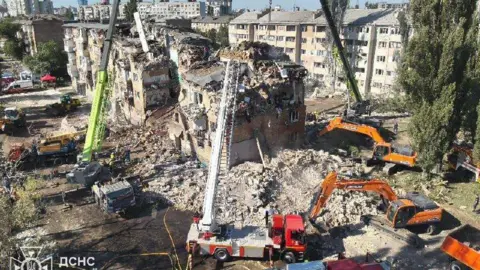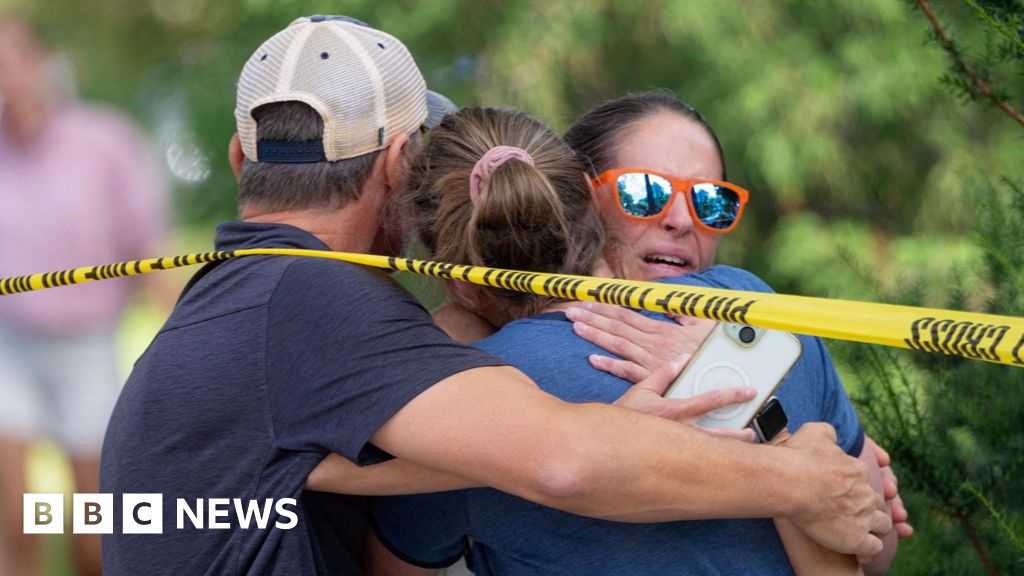The outlawed Kurdish PKK (Kurdistan Workers’ Party) has made a significant move toward disarmament, marking a symbolic turn in its longstanding conflict with the Turkish state. In a ceremony held at Jasana cave in Iraqi Kurdistan, approximately 30 fighters, both men and women, ceremoniously placed their weapons into a cauldron, igniting a fire that honors the start of their disarmament process anticipated to unfold over the summer. This act was hailed by the Turkish government as a pivotal step toward creating a "terror-free Turkey," underscoring the potential implications this decision holds for Turkey, Iraq, Syria, and Iran, one of the many arenas impacted by the conflict.
Prompted by a historic appeal from Abdullah Ocalan, the PKK’s imprisoned leader, who has been serving a life sentence since his capture in 1999, the fighters participated in this disarmament ceremony as a gesture of goodwill and a commitment to transitioning from armed conflict to democratic engagement. Ocalan’s recent statements, issued via a rare video appearance, emphasized the necessity of laying down arms for the resolution of the Kurdish issue through peaceful means.
The disarmament comes after several failed attempts at peace, going back to Ocalan’s initial calls for a ceasefire in 2013 and the 2015 Dolmabahce Agreement. The breakdown of earlier negotiations led to increased violence and military operations against PKK bases, highlighting the deep-seated animosity between the party and the Turkish government.
The PKK's decision to begin disarmament is notably linked to changing dynamics in Turkish politics. Nationalist leader Devlet Bahceli recently urged Ocalan to advocate for dissolution of the PKK, creating a backdrop for possible negotiations. President Recep Tayyip Erdogan acknowledged this disarmament process as an opportunity for Turkey to dismantle what he calls "the wall of terror," focusing on a path forward that could see constitutional changes with support from Kurdish political parties.
Going forward, the government is expected to set up a parliamentary commission to address the implications of this disarmament, but concrete steps may not emerge until after the summer recess. In the ongoing political landscape, where Erdogan faces challenges in maintaining power, the intersection of peace processes and national policies will be closely scrutinized. The relationship between the PKK and Ocalan remains pivotal to understanding the future of Kurdish rights and political representation in Turkey.
Prompted by a historic appeal from Abdullah Ocalan, the PKK’s imprisoned leader, who has been serving a life sentence since his capture in 1999, the fighters participated in this disarmament ceremony as a gesture of goodwill and a commitment to transitioning from armed conflict to democratic engagement. Ocalan’s recent statements, issued via a rare video appearance, emphasized the necessity of laying down arms for the resolution of the Kurdish issue through peaceful means.
The disarmament comes after several failed attempts at peace, going back to Ocalan’s initial calls for a ceasefire in 2013 and the 2015 Dolmabahce Agreement. The breakdown of earlier negotiations led to increased violence and military operations against PKK bases, highlighting the deep-seated animosity between the party and the Turkish government.
The PKK's decision to begin disarmament is notably linked to changing dynamics in Turkish politics. Nationalist leader Devlet Bahceli recently urged Ocalan to advocate for dissolution of the PKK, creating a backdrop for possible negotiations. President Recep Tayyip Erdogan acknowledged this disarmament process as an opportunity for Turkey to dismantle what he calls "the wall of terror," focusing on a path forward that could see constitutional changes with support from Kurdish political parties.
Going forward, the government is expected to set up a parliamentary commission to address the implications of this disarmament, but concrete steps may not emerge until after the summer recess. In the ongoing political landscape, where Erdogan faces challenges in maintaining power, the intersection of peace processes and national policies will be closely scrutinized. The relationship between the PKK and Ocalan remains pivotal to understanding the future of Kurdish rights and political representation in Turkey.





















